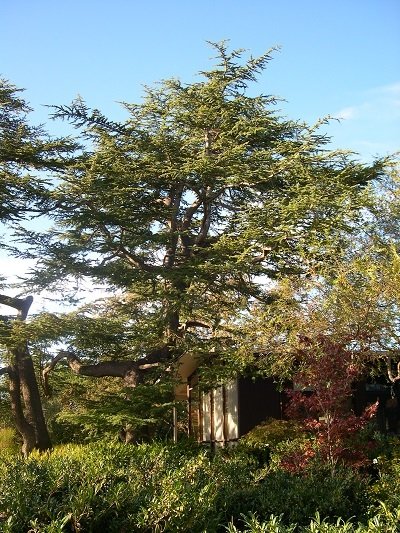In spring 2016 the American Philosophical Society (APS), one of the eminent scholarly organizations in American cultural and intellectual life, announced its newest elected members. Among six scholars elected in the social sciences, five are former Center for Advanced Study in the Behavioral Science (CASBS) fellows.
With these six, CASBS now boasts 166 former fellows who have become elected APS members.
The country’s first learned society, the American Philosophical Society was founded by Benjamin Franklin in 1743 to promote “useful knowledge in the sciences and humanities through excellence in scholarly research, professional meetings, publications, library resources, and community outreach.” Nominated and elected by resident APS peers, members reflect extraordinary accomplishments in all fields of intellectual endeavor.
The five former CASBS fellows elected in the social sciences (APS Class 3) in 2016 are:

Paul DiMaggio (CASBS fellow 1984-85)
Professor of sociology, New York University; A. Barton Hepburn Professor Emeritus of Sociology and Public Affairs, Princeton University
Gerd Gigerenzer (1989-90), International member
Director, Max Planck Institute for Human Development; Director, Harding Center for Risk Literacy
Thomas C. Holt (1979-80, 1995-96)
James Westfall Thompson Distinguished Service Professor of American and African American History, University of Chicago
Sara McLanahan (2001-02)
William S. Tod Professor of Sociology and Public Affairs, Director, Center for Research on Child Wellbeing, Princeton University
Richard White (2003-04)
Margaret Byrne Professor of American History, Stanford University
Stanford professor Jack Rakove, himself an APS member, former CASBS fellow (2006-07), and returning CASBS fellow for the 2016-17 academic year, is uniquely positioned to offer perspective on the significance of APS election.
“Having served for two years on the Class 3 (social sciences) Membership committee, it is a great pleasure to see that five of the six newly elected members of the APS also have been CASBS fellows. Not to overstate the point, but each multi-disciplinary class elects only five U.S.-based members per year, so the competition is indeed intense,” noted Rakove. (The other election classes are mathematical and physical sciences; biological sciences; humanities; and the arts, professions, and leaders in public and private affairs.)
In a July 31, 2016 Stanford News article, Stanford University profiled White’s APS election and career achievements as an expert in the history of the American West, environmental history, and Native American history. Stanford history department colleague Rakove was delighted by the news.
“I am especially pleased with the election of Richard White. For my money, Richard is THE most creative, versatile, and talented historian of the United States at work today – and his special interest in the history of Native Americans connects him to one of the Society's longstanding interests.”
Reached for comment shortly after co-directing the 2016 CASBS summer institute, Stanford sociology professor and two-time CASBS fellow (1986-87, 2008-09) Woody Powell glowed about the election of his longtime collaborator Paul DiMaggio.
"Paul DiMaggio always has been a scholar's scholar. He does finely crafted work, developing fertile ideas for other researchers to pursue. And he has an extraordinary record of training graduate students, many of whom are found in leading universities around the world. Hats off to the APS for its recognition of Paul and his wide-ranging imprint on social science research on the arts, culture and cognition, and the economy."
